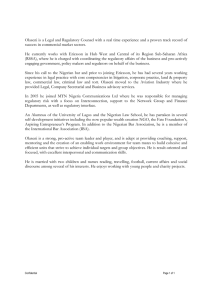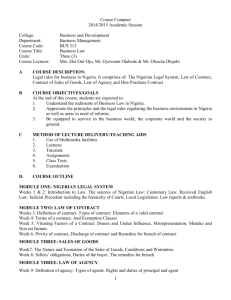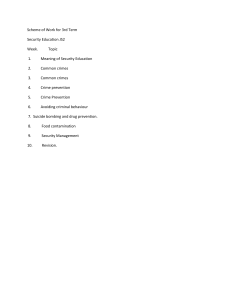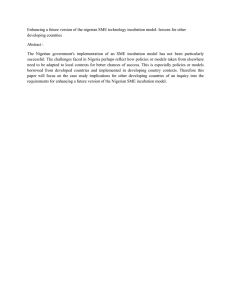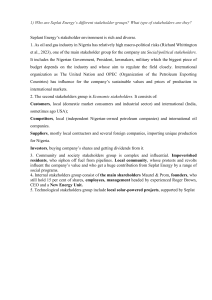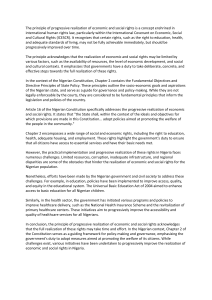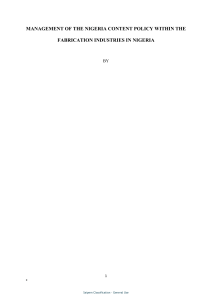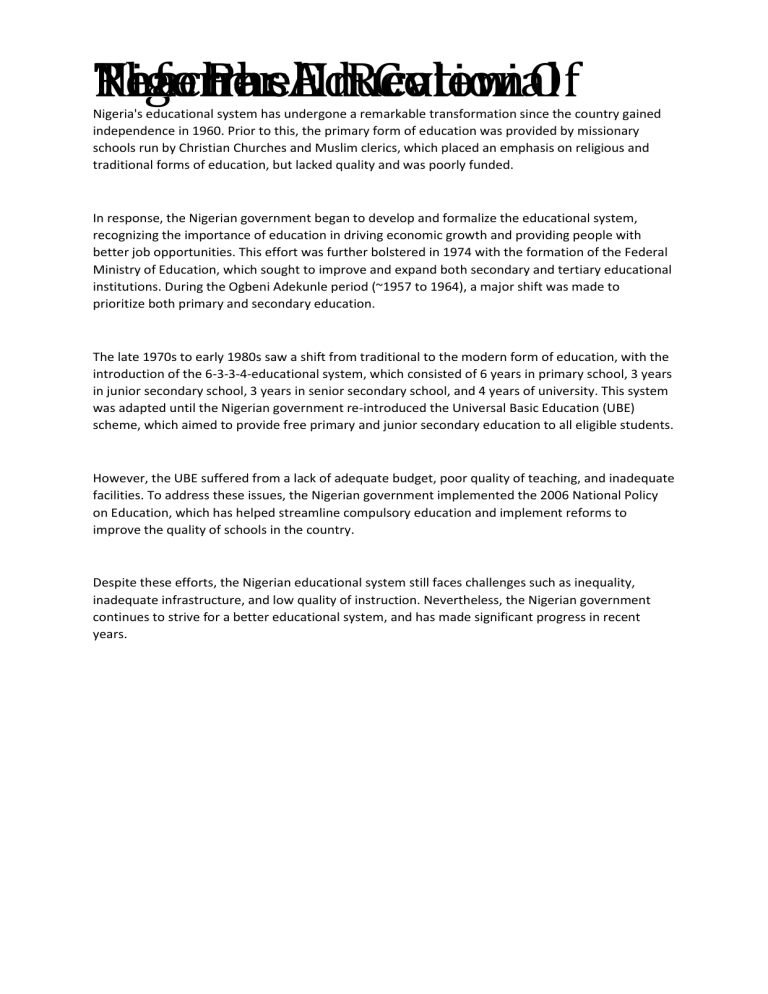
Teacher Reforms Nigeria: The PhelA Education InReview Colonial Of Nigeria's educational system has undergone a remarkable transformation since the country gained independence in 1960. Prior to this, the primary form of education was provided by missionary schools run by Christian Churches and Muslim clerics, which placed an emphasis on religious and traditional forms of education, but lacked quality and was poorly funded. In response, the Nigerian government began to develop and formalize the educational system, recognizing the importance of education in driving economic growth and providing people with better job opportunities. This effort was further bolstered in 1974 with the formation of the Federal Ministry of Education, which sought to improve and expand both secondary and tertiary educational institutions. During the Ogbeni Adekunle period (~1957 to 1964), a major shift was made to prioritize both primary and secondary education. The late 1970s to early 1980s saw a shift from traditional to the modern form of education, with the introduction of the 6-3-3-4-educational system, which consisted of 6 years in primary school, 3 years in junior secondary school, 3 years in senior secondary school, and 4 years of university. This system was adapted until the Nigerian government re-introduced the Universal Basic Education (UBE) scheme, which aimed to provide free primary and junior secondary education to all eligible students. However, the UBE suffered from a lack of adequate budget, poor quality of teaching, and inadequate facilities. To address these issues, the Nigerian government implemented the 2006 National Policy on Education, which has helped streamline compulsory education and implement reforms to improve the quality of schools in the country. Despite these efforts, the Nigerian educational system still faces challenges such as inequality, inadequate infrastructure, and low quality of instruction. Nevertheless, the Nigerian government continues to strive for a better educational system, and has made significant progress in recent years.
